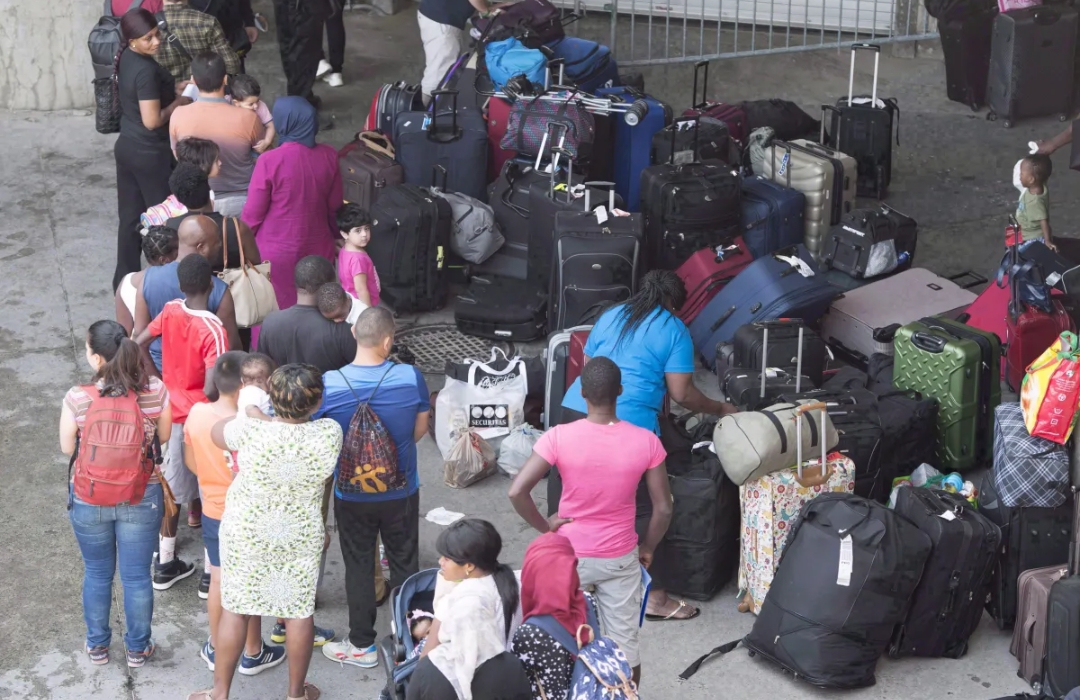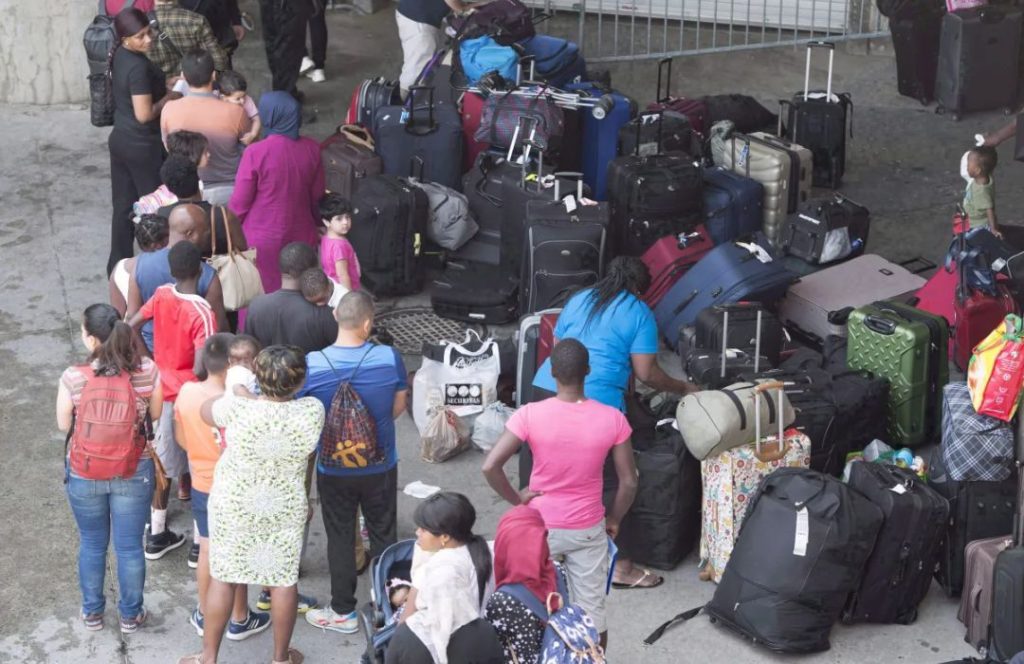Refugees Granted Asylum Face Homelessness and Destitution in the UK, The Reason Will Leave You In Shock

Thousands of refugees who have been granted the right to live in the UK are facing homelessness and destitution due to a change in the government policy that gives them only a few days to leave their asylum accommodation.

The Home Office has reduced the “move-on” period, the time that refugees have to find alternative housing and access benefits or employment, from 28 days to about seven days, as part of its attempt to clear the backlog of asylum applications.
This means that refugees who have fled war, persecution and torture in countries such as Afghanistan, Syria, Iran and Iraq, are being evicted from their temporary homes at short notice, without the necessary documents or support to secure a new place to live.
According to the British Red Cross, more than 50,000 refugees could be made homeless by the end of the year if the government does not take urgent steps to reverse the policy and extend the move-on period to 56 days.
According to ITV, The charity has reported a 140% increase in the number of refugees seeking help for homelessness since the policy change in August 2023. It has also warned that the situation could worsen in the winter months, exposing refugees to the risk of hypothermia, ill health and exploitation.
Anna Lewis, the chief executive of Open Door North East, a charity that supports refugees in Middlesbrough, said: “We can’t tell our clients ‘everything is going to be OK’ any more because it won’t be. We’ve had refugees who have been homeless for months and months. It’s soul-destroying.”
She added: “Refugees have faced so much in their home countries, made perilous journeys to the UK and waited years in the asylum system and then suddenly you have seven days to move. It’s retraumatising them.”
One of the refugees who has been affected by the policy is Ahmad, a 22-year-old from Afghanistan, who was granted refugee status in December 2023. He was told to leave his asylum accommodation in 10 days, but he had no bank account, no national insurance number and no proof of address to apply for benefits or housing.
“I was so happy when I got the letter from the Home Office, but then I saw the date and I felt scared. I don’t know where to go, who to ask for help. I have no friends or family here. I will probably sleep outside this centre. It’s the only place I know,” he said.
The Home Office has defended the policy, saying that it is necessary to free up accommodation for new asylum seekers and that it provides refugees with information and guidance on how to access support.
A spokesperson said: “We are fixing our broken asylum system to make it firm and fair. We will seek to stop abuse of the system while ensuring it is compassionate towards those who need our help, welcoming people through safe and legal routes.
“We provide asylum seekers who would otherwise be destitute with free, fully furnished accommodation while applications are considered. We also cover utility costs and provide a cash allowance to cover other essential living needs.
“Those who are granted refugee status are given a period of time to find alternative accommodation and access mainstream benefits or employment. We work closely with local authorities and other partners to ensure those who need it are provided with the information and guidance they need to access this support.”




